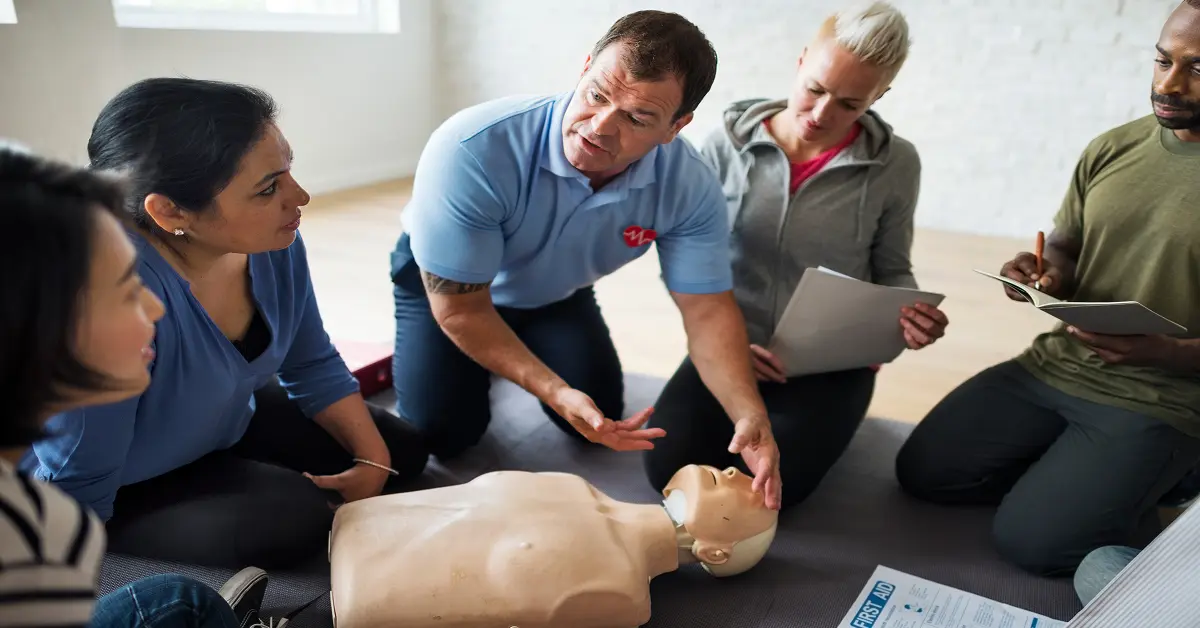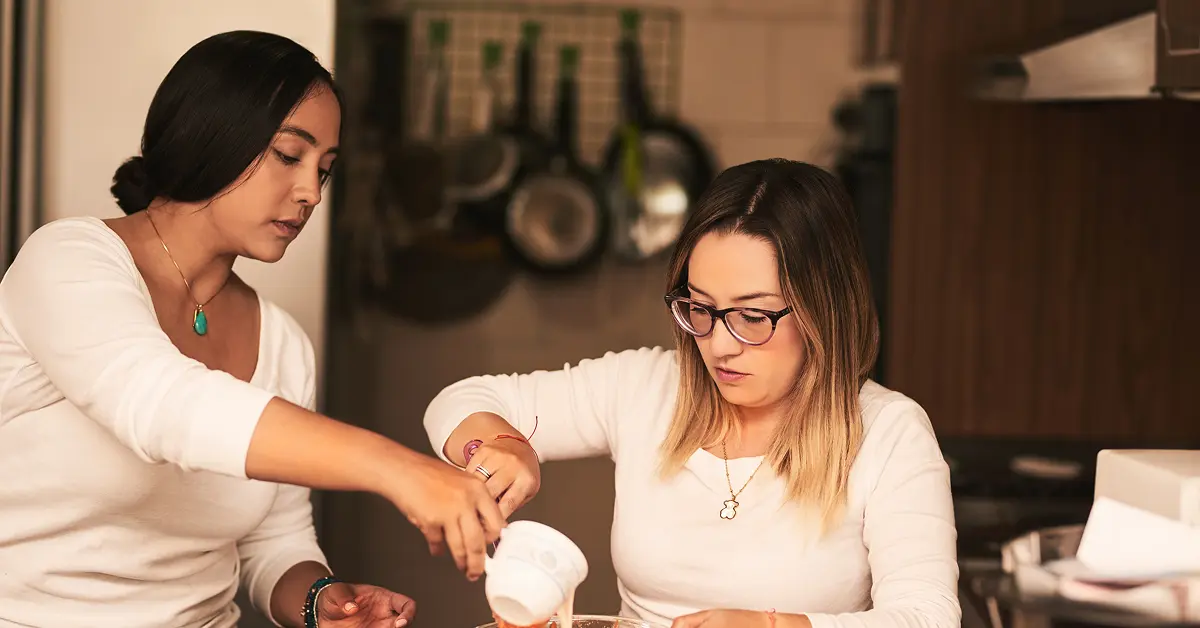In a country like India, where home care for the elderly and recovering patients is becoming more common, the role of trained caregivers has grown in significance. One of the most critical aspects of caregiving is the ability to manage medical emergencies with confidence and composure. Whether it’s a sudden fall, a spike in blood pressure, or a cardiac event, how a caregiver responds can make the difference between life and death.
Let’s explore how trained caregivers are equipped to handle such emergencies with calmness, ensuring patient safety and timely medical intervention.
The Importance of Emergency Preparedness in Caregiving
Medical emergencies don’t come with a warning. For families taking care of elderly parents or patients recovering at home, the idea of a crisis can be terrifying. That’s why having a trained caregiver becomes invaluable. Unlike family members, trained caregivers:
- Understand emergency protocols
- Stay emotionally composed
- Act swiftly with clarity
- Know when and how to call for medical help
Their ability to maintain composure in chaos is often the first step toward stabilising the patient.
Core Emergency Skills Caregivers Are Trained In
Caregivers undergo structured training programs which include emergency response education. These are some of the essential skills they acquire:
Basic Life Support (BLS) and First Aid
Most certified caregivers in India are trained in BLS techniques such as CPR (Cardiopulmonary Resuscitation) and managing blocked airways. These interventions are critical in cardiac arrest situations. First aid knowledge also includes wound care, stopping bleeding, and preventing shock.
Recognising Early Warning Signs
A medical emergency rarely happens out of the blue. Caregivers are trained to recognise early warning signs of major health episodes, such as:
- Sudden chest pain or difficulty breathing
- Slurred speech or one-sided body weakness (stroke symptoms)
- Confusion or fainting spells
- High or low blood sugar levels in diabetic patients
By identifying these signs early, they can act before the condition worsens.
Effective Communication With Doctors and Family
In high-stress situations, communication can break down. Caregivers learn to convey clear, concise information to emergency doctors and family members. They can provide accurate patient history, medication details, and event descriptions, which helps in faster diagnosis and treatment.
Calmness Under Pressure: What Makes It Possible?
Remaining calm during emergencies is not a coincidence; it's a learned behaviour backed by training and mindset. Here’s how caregivers develop this ability:
Simulation-Based Training
Many caregiver training programs in India now include real-life simulations. By practising emergency scenarios repeatedly, caregivers develop muscle memory, enabling them to act quickly without panic.
Routine Emergency Drills
Caregivers follow emergency drills regularly in Best Caregiver Services at Home settings. Whether it’s knowing the nearest hospital, having ambulance numbers ready, or being familiar with emergency exits—these drills keep them sharp.
Emotional Regulation Techniques
Caregivers are taught to manage their own stress using deep breathing and grounding techniques. This ensures they can think clearly during crises and avoid adding panic to the environment.
Real-Life Scenarios Where Caregiver Intervention Saved Lives
Case Study 1: Diabetic Shock in a Chennai Home
A 70-year-old diabetic woman went into hypoglycaemic shock early morning. Her caregiver, noticing the trembling and sweating, immediately tested her sugar levels, offered glucose water, and alerted the family. She stabilised within minutes, avoiding hospitalisation.
Case Study 2: Cardiac Arrest in Gurgaon
An elderly gentleman collapsed in his garden. His caregiver, trained in CPR, immediately started chest compressions while a neighbour called the ambulance. The emergency team later stated that the CPR likely kept the patient alive long enough to reach the hospital.
Building an Emergency-Ready Home with a Caregiver’s Help
Caregivers don’t just react during emergencies—they help you prepare for them. Here’s how they contribute to an emergency-ready environment:
- Maintain an emergency contact list near the phone
- Ensure prescriptions and medical history are up to date
- Keep a first aid kit stocked and easily accessible
- Know the quickest route to the nearest hospital
- Educate family members on basic emergency steps
This preparation is especially important in India, where access to immediate emergency services may vary between urban and rural areas.
When to Seek a Trained Caregiver in India
If you are caring for a parent or patient with chronic illnesses, limited mobility, or memory-related issues, having a trained caregiver is no longer a luxury—it's a necessity. Particularly in Indian homes where family members might be busy with work or unaware of medical procedures, trained caregivers can provide peace of mind.
Some signs that indicate you need a trained caregiver:
- Recurrent medical episodes (e.g., falls, sugar imbalances)
- Post-surgery recovery at home
- Dementia or Alzheimer’s management
- Palliative or end-of-life care
Choosing the Right Caregiver for Emergency Management
When hiring a caregiver in India, always look for the following qualifications:
- Certification from recognised institutions like Red Cross, NIOS, or private hospitals
- Proven training in emergency care and CPR
- References from past clients or agencies
- Ability to stay calm, polite, and focused under stress
Also, opt for caregivers from reputed agencies that conduct background checks and offer on-call nursing support if needed.
Final Thoughts
Emergencies at home are unavoidable, but panic is not. Trained caregivers bring not just medical skills but also calmness, clarity, and compassion during crisis moments. Their readiness, both mental and procedural, ensures that your loved one receives prompt, life-saving attention—right from the comfort of home.
In India’s growing healthcare landscape, where home-based care is becoming a vital component of recovery and senior living, caregivers are the unsung heroes quietly managing chaos and restoring calm. Investing in a trained caregiver is ultimately investing in safety, preparedness, and peace of mind.
Need a medically trained caregiver at home?
Consider consulting a verified home healthcare agency that offers caregivers certified in emergency and Elderly Care Services
Better safe than sorry.
Contents
- The Importance of Emergency Preparedness in Caregiving
- Core Emergency Skills Caregivers Are Trained In
- Calmness Under Pressure: What Makes It Possible?
- Real-Life Scenarios Where Caregiver Intervention Saved Lives
- Building an Emergency-Ready Home with a Caregiver’s Help
- When to Seek a Trained Caregiver in India
- Choosing the Right Caregiver for Emergency Management
- Final Thoughts
Our 24*7 services
Latest Posts
- What Is Respite Care and Why Is It Important
- Affordable home care for senior citizens in India
- Caring for Seniors with Dementia or Alzheimer's at Home
- Senior Caregiving A Guide for Every Family
- How to Write a Caregiver Resume That Gets You Hired
- How Care After Hospital Discharge Speeds Up Recovery at Home
- How to Get Home Health Care for Seniors Through Medicare
- What Does a Senior Citizen Caregiver Really Do at Home
- How to Care for Elderly Parents with Alzheimer’s or Dementia
- How to Get 24-Hour Care for Seniors at Home



